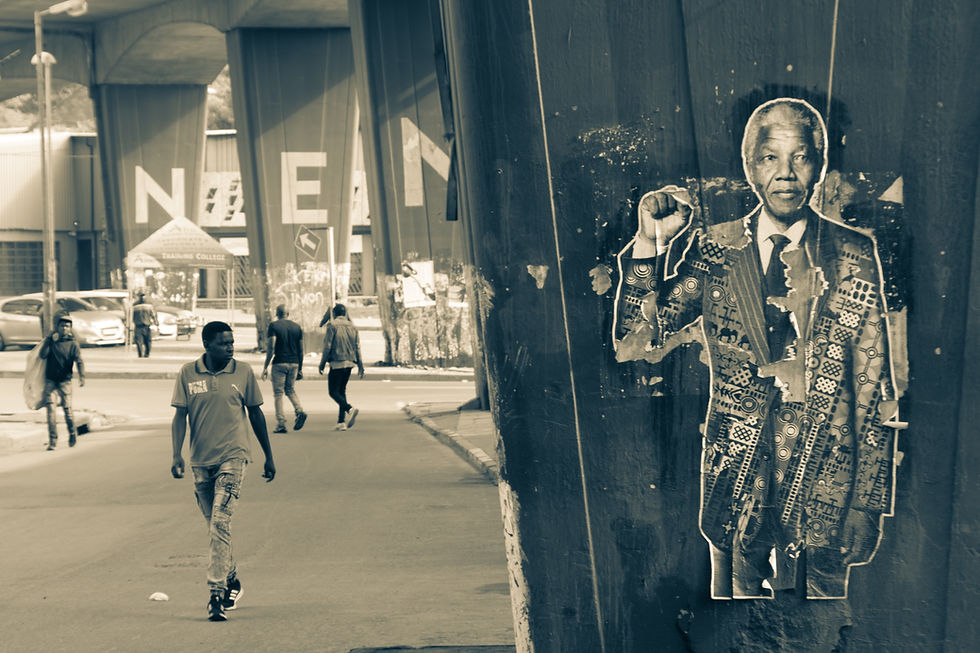Your Courage Makes You A Coward
- BEYONDBEING

- Aug 9, 2021
- 3 min read
Updated: Sep 6, 2021

Imagine you have to present in front of an audience of thousands of people. In that moment you might have the fear of delivering a disappointing speech by forgetting half of it, or stumbling over your words. You perceive yourself as a coward as you’re frightened to deliver your speech, but in that exact moment you’re unaware that courage is also present. I say this because you can only experience courage when you experience cowardice. The one cannot exist without the other, just like day does not exist without night.
Your life is about recognising and building confidence where your actionables are natural, rather than having to be courageous. If you’re having to “summon up the courage”, it’s an indication that there is still work to be done in honing your skill. The more you practise your skill the better you become at it, to the point where it just becomes second nature. Upon having to present your skill to the public, you’re just “doing your thing”, and therefore is not a display of courage, but rather a display of confidence and certainty in who you are. Speaking in public, therefore, doesn't have to be a courageous thing you have to do. The word confidence comes from the latin root con (expressing intensive force) and fidere (trust). This means that you’re having full trust within, and both courage and cowardice are absent.
Courage means you’re fearing something within yourself, it’s not the absence of fear or cowardice but the emotional ability to face and overcome it. Fear is a message, a friend to help us to refine what you’re doing; a feedback mechanism to help us plan better. Dealing with your fears in a much more systemised approach helps you to navigate your way instead of having to “summon up the courage”.
When you truly have a meaningful and purposeful message to declare to the world; you speak naturally. You don’t have to face your fears or try to bring courage into play. Your highest pursuit of your purpose transcends your emotional nature and you become far more objective in achieving your goals.
Mahatma Gandhi is a great example of this. When he was a student, Gandhi would have panic attacks over public speaking. He was once asked to give a speech at a vegetarian community in London. But, Gandhi, one of the world’s most prolific speakers of the 20th century, choked. He abandoned his speech after reading the first few lines of his prepared notes. He asked someone else to read the rest. Later on in his years, as a lawyer, he did no better in front of crowds. In his first case, he panicked when he went before the judge. He couldn't think of any questions to ask in the courtroom - which is what lawyers need to do.
So, what finally turned Gandhi into a powerhouse of wisdom that we know him as? In two words - purposeful mission. Gandhi found a mission so great that it pushed him past his fears. His purpose was to free India.
Nelson Mandela didn’t have to take up speaking lessons, he just spoke his soul-desired message of freeing South Africa from apatheid. His 3 hour long speech, “I Am Prepared to Die'' is considered to be one of the great speeches of the 20th century, and a key moment in the history of South African democracy.
When you have a mission greater than yourself, one that resonates deeply in your soul, you can’t help but take meaningful actions to make your desires a reality, you can’t help but declare it to the public. You don’t need courage. When you are confident and certain in your message, your message will naturally flow, as that is your very essence.

“I have dedicated my life to this struggle of the African people....But, My Lord, if it needs to be, it is an ideal for which I am prepared to die.” - Nelson Mandela





Comments